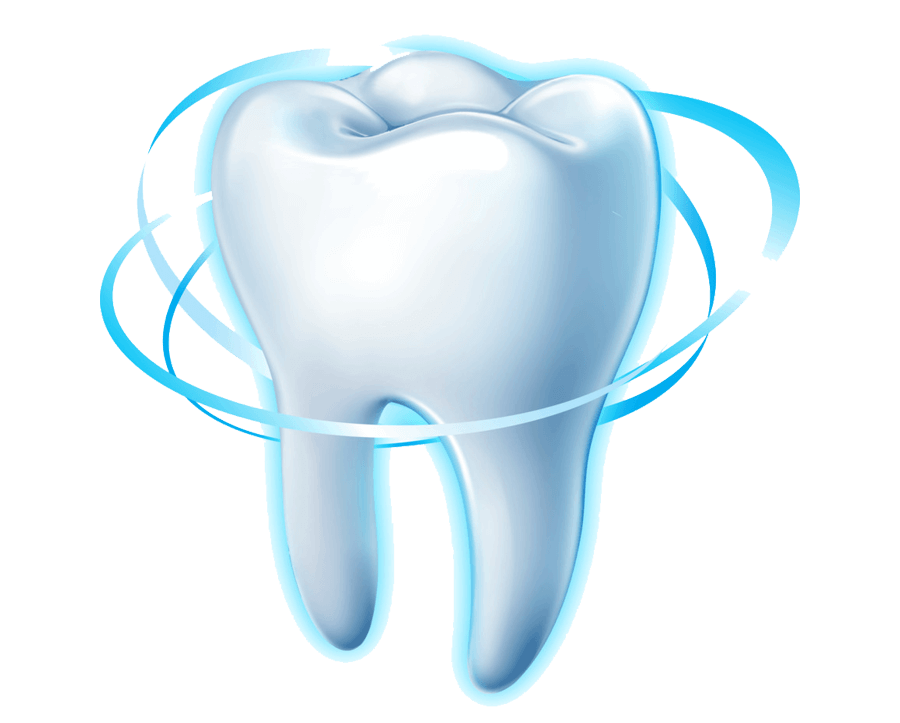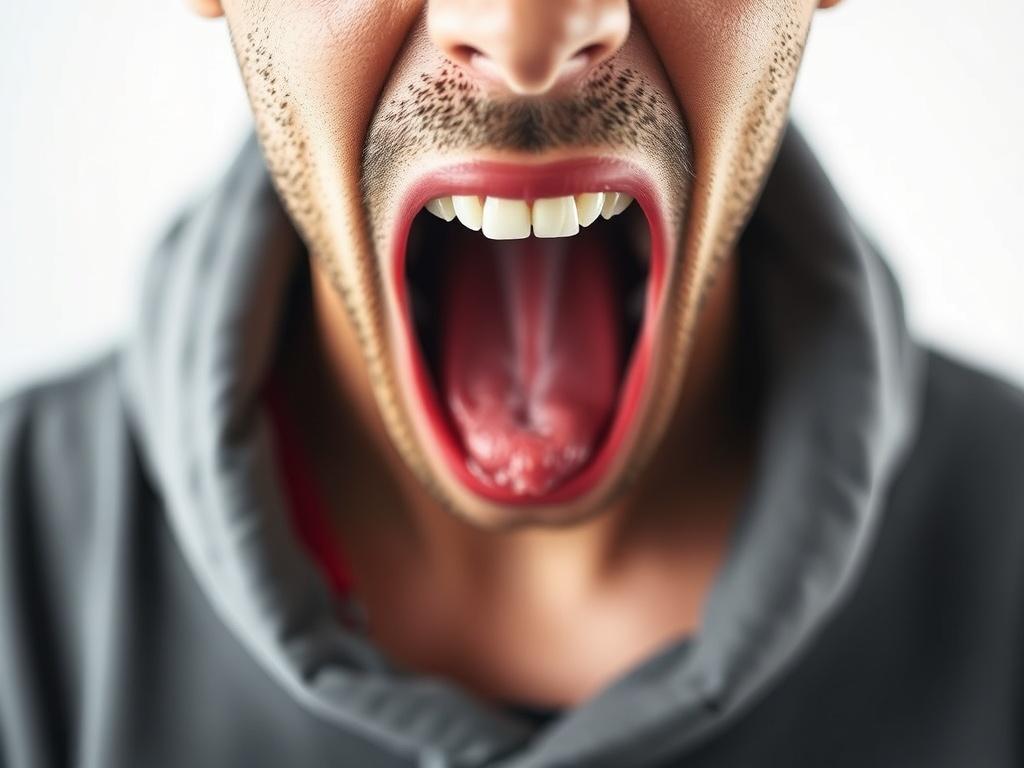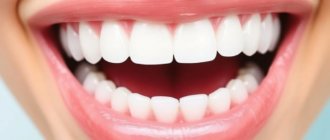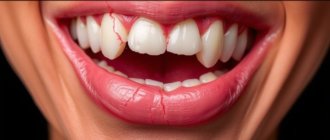Bad breath, also known as halitosis, is a common issue that affects millions of people worldwide. While most of us experience it occasionally, chronic bad breath can cause embarrassment, impact self-confidence, and even lead to social isolation. Understanding the root causes of bad breath and finding effective cures is essential for anyone looking to maintain fresh breath and good oral hygiene. This article explores the various bad breath causes and cures, explaining them in simple terms and offering practical advice for treatment and prevention.
Содержание
- 1 What Exactly Is Bad Breath?
- 2 Main Causes of Bad Breath
- 3 How to Identify the Causes of Your Bad Breath
- 4 Effective Cures for Bad Breath
- 5 Home Remedies to Combat Bad Breath
- 6 When to See a Professional
- 7 Daily Habits to Prevent Bad Breath
- 8 Common Myths About Bad Breath
- 9 Understanding the Science Behind Bad Breath
- 10 Special Considerations for Certain Groups
- 11 Summary Table of Bad Breath Causes and Their Cures
- 12 Tips for Maintaining Fresh Breath on the Go
- 13 Tech Innovations in Fighting Bad Breath
- 14 Final Thought on Taking Control of Your Breath
What Exactly Is Bad Breath?
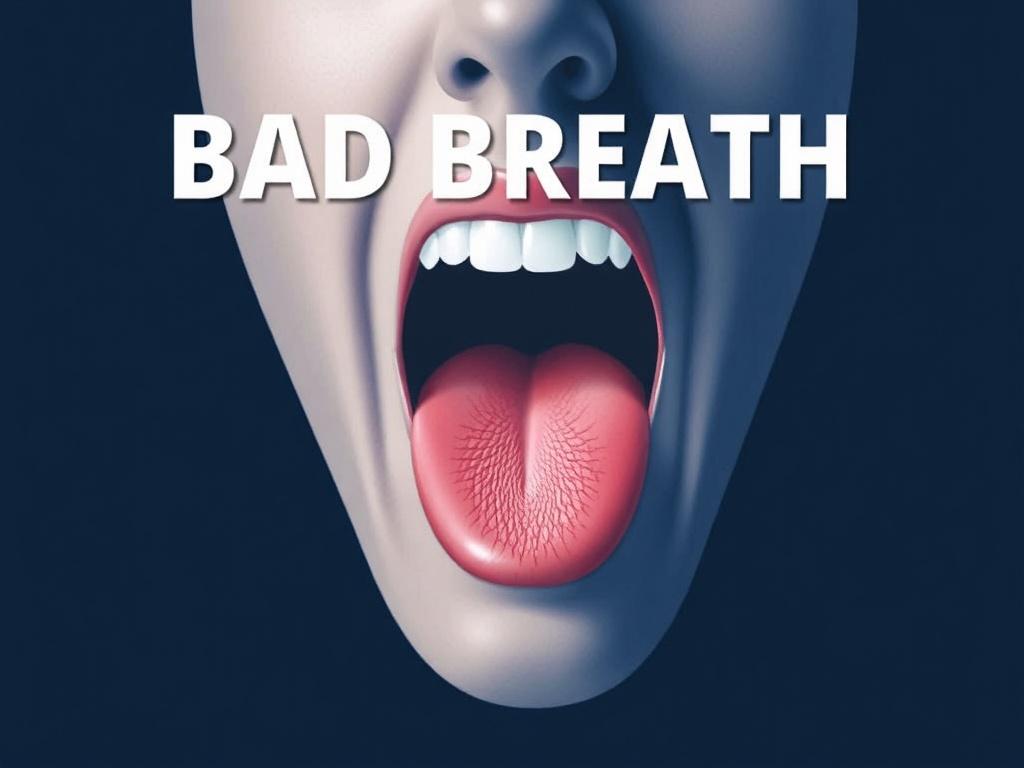
Before diving into the causes and cures, it’s important to clarify what bad breath really is. Simply put, bad breath is an unpleasant odor that emanates from the mouth. It can be temporary, like the aftermath of eating garlic or skipping brushing your teeth, or it can be persistent, which often indicates an underlying problem. Sometimes, people are not even aware they have bad breath, which is why it’s helpful to understand what causes this issue and how to address it thoughtfully.
Main Causes of Bad Breath
Bad breath causes are diverse, ranging from simple lifestyle factors to serious medical conditions. Understanding these causes will help you take the right steps toward curing bad breath.
1. Poor Oral Hygiene
The most common and easily treatable cause of bad breath is inadequate oral hygiene. When you don’t brush or floss properly, food particles remain stuck between teeth, promoting bacterial growth that produces foul-smelling compounds.
2. Food and Drink
Certain foods like garlic, onions, coffee, and alcohol are notorious for causing bad breath. These foods contain sulfur compounds or leave residues that linger in the mouth and throat, leading to unpleasant odors.
3. Dry Mouth (Xerostomia)
Saliva plays a critical role in washing away food particles and bacteria. When your mouth is dry due to dehydration, medications, or certain medical conditions, bacteria can thrive and contribute to bad breath.
4. Tobacco Products
Smoking or chewing tobacco dries out the mouth and leaves chemical residues, both of which cause foul breath. Tobacco use also increases your risk for gum disease, which further exacerbates bad breath.
5. Gum Disease (Periodontal Disease)
Gum infections can produce toxins and bacteria that cause a bad smell. If you notice bleeding gums, swelling, and persistent bad breath, visiting a dentist promptly is essential since untreated gum disease can lead to tooth loss.
6. Medical Conditions
Certain health issues are known to cause chronic bad breath. Conditions such as respiratory tract infections, sinus infections, diabetes, gastroesophageal reflux disease (GERD), and liver or kidney problems can all result in halitosis.
How to Identify the Causes of Your Bad Breath
Sometimes, you can identify the cause of bad breath based on your habits and symptoms, but other times, it requires professional diagnosis. Here are ways to pinpoint the root cause:
- Assess your oral hygiene routine: Are you brushing twice a day? Flossing?
- Recall recent meals: Have you eaten garlic, onions, or other odor-causing foods?
- Check for dry mouth: Do you feel dryness or cracked lips?
- Notice any gum bleeding or swelling?
- Consider any ongoing medical treatments or conditions.
If bad breath persists despite good oral care and avoiding problematic foods, it is wise to visit a healthcare professional.
Effective Cures for Bad Breath
Curing bad breath involves addressing its cause and maintaining proper oral hygiene. Let’s look at various treatments and solutions you can try right away.
1. Maintain Excellent Oral Hygiene
The foundation of fresh breath is healthy teeth and gums. Brush your teeth at least twice daily and floss once a day to remove trapped food debris and plaque. Don’t forget to brush your tongue, as it can harbor odor-causing bacteria.
2. Use Mouthwash
Antibacterial mouthwashes can kill bacteria and neutralize bad odors. Look for mouthwashes containing chlorhexidine, cetylpyridinium chloride, or essential oils. However, avoid overusing alcohol-based mouth rinses as they can dry out the mouth.
3. Stay Hydrated
Drinking plenty of water helps keep your mouth moist and flushes away bacteria. Avoid excessive coffee and alcohol, which dehydrate you and worsen bad breath.
4. Modify Your Diet
Cutting back on foods known to cause bad breath or consuming them along with fresh herbs like parsley can make a difference. Eating raw fruits and vegetables stimulates saliva production and helps clean your mouth naturally.
5. Quit Smoking
If you use tobacco products, quitting can drastically improve your breath and oral health. Additionally, tobacco cessation reduces your risk of gum disease and oral cancers.
6. Chew Sugar-Free Gum
Chewing gum, especially gum containing xylitol, stimulates saliva flow, which helps wash away bacteria and neutralize acids.
7. Address Medical Conditions Promptly
If bad breath is linked to a health issue like a sinus infection or diabetes, managing the underlying condition will often resolve halitosis. Regular check-ups with your physician and dentist can ensure overall health and fresh breath.
Home Remedies to Combat Bad Breath
Beyond conventional dental care, many natural remedies help eliminate bad breath. These can be easy and affordable ways to supplement your routine.
| Remedy | How It Works | Usage Tips |
|---|---|---|
| Baking Soda | Neutralizes acids and reduces bacteria in the mouth | Brush gently with a baking soda paste once or twice a week |
| Hydrogen Peroxide | Antimicrobial and whitening properties | Use a diluted rinse (3%) once a day for a short period |
| Green Tea | Contains antioxidants that fight bacteria and freshen breath | Drink unsweetened green tea daily |
| Peppermint or Clove Oil | Natural antiseptic and pleasant aroma | Dilute with water and rinse mouth, or add a drop to toothpaste |
| Parsley or Fresh Mint Leaves | Chlorophyll neutralizes odors | Chew fresh leaves after meals |
When to See a Professional
0
While many bad breath cases can be solved with good habits, persistent halitosis deserves professional attention. You should see a dentist if:
- Your breath doesn’t improve after proper cleaning and following diets.
- You have symptoms of gum disease like bleeding or swollen gums.
- There is pain, infection, or mouth sores accompanying bad breath.
For cases linked to medical conditions, a doctor might recommend tests or treatments tailored to your needs.
Daily Habits to Prevent Bad Breath
Creating a fresh breath routine is often simpler than you think. Try to incorporate these daily habits:
- Brush teeth twice daily with fluoride toothpaste.
- Floss every night.
- Clean your tongue gently with a scraper or toothbrush.
- Use mouthwash after brushing or flossing.
- Drink water regularly.
- Avoid smoking and limit alcohol and coffee intake.
- Eat a balanced diet and avoid frequent snacking on sugary foods.
Common Myths About Bad Breath
There are many misconceptions about bad breath that can prevent people from seeking proper treatment:
- Myth: Only onions and garlic cause bad breath.
Truth: While these foods are common culprits, bacteria, gum disease, dry mouth, and medical conditions are major causes as well. - Myth: If my breath smells fine to me, it can’t be bad.
Truth: People can get used to their own breath odor. Ask a trusted friend or use a breath test. - Myth: Mouthwash alone can cure bad breath.
Truth: Mouthwash is helpful but cannot replace good oral hygiene or treatment of underlying issues.
Understanding the Science Behind Bad Breath
Curious about what causes bad breath on a microbiological level? Let’s demystify this a little. The majority of bad breath causes are related to bacteria residing in the mouth, particularly anaerobic bacteria that thrive in low-oxygen environments like the back of the tongue or between teeth. These bacteria metabolize protein molecules left in the mouth and release sulfur-containing compounds known as volatile sulfur compounds (VSCs). These VSCs are responsible for the unpleasant odor commonly recognized as bad breath.
The more protein-rich foods you consume (like meats or dairy), the more ‘fuel’ is available for these bacteria. Reducing protein residue by good brushing, tongue cleaning, and flossing helps starve these microbes and minimize VSC production.
Special Considerations for Certain Groups
Not everyone’s bad breath causes and cures are the same. Some people need to consider additional factors:
Older Adults
Aging often brings dry mouth due to medications or reduced saliva, increasing bad breath risks. Denture hygiene also becomes crucial.
People with Diabetes
Uncontrolled diabetes can lead to a sweet or fruity breath odor caused by ketoacidosis. Managing blood sugar is key to controlling breath quality.
Children
Bad breath in kids is often related to poor dental hygiene or mouth breathing during sleep. Regular checkups and education on oral care are important.
Summary Table of Bad Breath Causes and Their Cures
| Cause | Typical Signs | Cures |
|---|---|---|
| Poor Oral Hygiene | Food debris, plaque, coated tongue | Brush, floss, tongue scrape, professional cleaning |
| Food and Drink | Recent consumption of odor foods | Rinse mouth, eat fresh herbs, avoid triggers |
| Dry Mouth | Sticky feeling, dry lips | Hydrate, chew gum, avoid alcohol |
| Tobacco Use | Smoky smell, stained teeth | Quit smoking, dental cleaning |
| Gum Disease | Bleeding gums, swelling | Dental treatment, improved hygiene |
| Medical Conditions | Persistent odor, related symptoms | Medical evaluation and treatment |
Tips for Maintaining Fresh Breath on the Go
Sometimes, you need quick fixes to freshen your breath when you’re out and about. Here are some handy tips:
- Carry sugar-free mints or gum.
- Drink water frequently to keep your mouth moist.
- Use portable mouthwash bottles.
- Avoid foods with strong odors before social events.
Tech Innovations in Fighting Bad Breath
Technology is stepping in to help with bad breath diagnosis and cures. Breath analyzers are now available to detect VSC levels, offering quick insights into bad breath severity. Specialized toothpaste and mouthwash formulas with probiotics are also emerging, aiming to restore healthy oral bacteria balance instead of just killing bacteria indiscriminately.
Final Thought on Taking Control of Your Breath
Bad breath should never undermine your confidence or social interactions. By understanding its causes and cures, developing healthy habits, and seeking professional care when needed, fresh breath can be your everyday reality.
Conclusion
Bad breath is a multifaceted issue that can stem from lifestyle habits, oral hygiene, diet, or underlying medical conditions. The good news is that most cases are preventable and treatable with proper care and attention. Simple steps like brushing, flossing, staying hydrated, avoiding tobacco, and regular dental visits form the foundation of curing bad breath. When necessary, home remedies and medical treatments provide additional support. Ultimately, recognizing the causes of your bad breath and committing to effective cures will boost not only your oral health but your confidence and quality of life as well. Don’t let bad breath hold you back—take action today for a fresher, healthier smile tomorrow.
